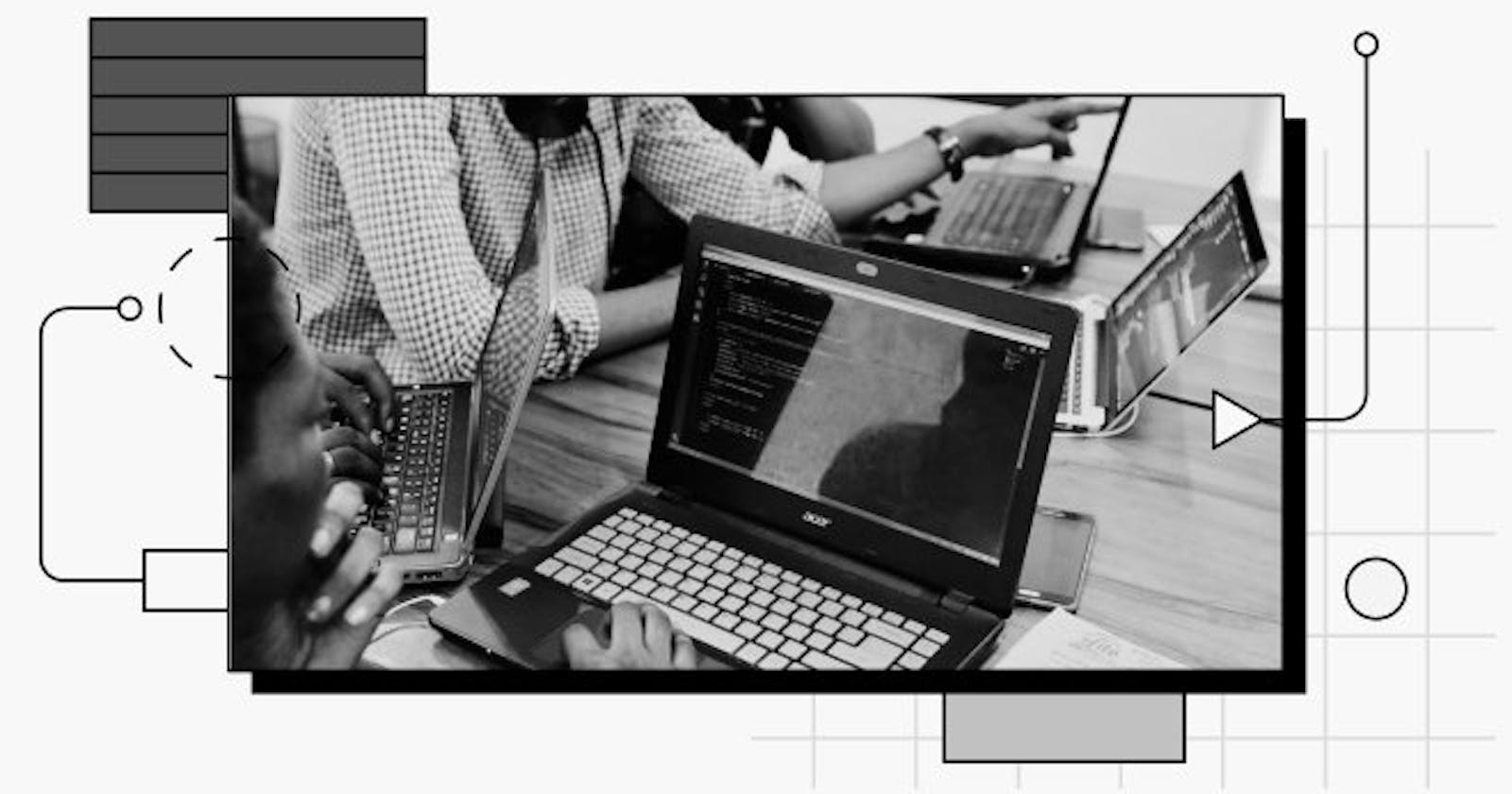Enhancing AI Code Review Efficiency with Pieces' qGPT-powered RAG Feature

Source code review is an indispensable yet often challenging aspect of the software development process. It involves comprehending pull requests, navigating through new code repositories, and staying updated with changes following a new release. While Large Language Models (LLMs) have proven valuable in grasping general coding concepts, they might fall short when dealing with internal proprietary code. Here at Pieces, we have built tools that allow users to select any unknown code repository and ask questions about it, streamlining the AI code review process.
The Significance of AI Code Review
Source code review plays a pivotal role in software development, ensuring the quality, security, and maintainability of the codebase. Despite its significance, manually performing source code review can be laborious and time-consuming, especially when dealing with large-scale projects or unfamiliar codebases.
The process entails sifting through lines of code, spotting errors, suggesting improvements, and verifying that the changes align with the project's goals. This rigorous evaluation aims to catch bugs and promote best coding practices, leading to a more robust and efficient software product.
Challenges in AI-based Code Review and the Limitation of LLMs
Conducting a comprehensive source code review can be overwhelming due to the sheer volume of code changes, the complexity of the project, and tight deadlines. While Large Language Models (LLMs) have proven beneficial in aiding developers with code comprehension, they do have their limitations, particularly concerning internal proprietary code. The intricacies of such codebases, proprietary libraries, and project-specific patterns may not be adequately understood by LLMs, impeding their efficacy in AI assisted code review.
Introducing Pieces' qGPT-powered RAG
To overcome the limitations of modern source code review tools, we at Pieces have developed qGPT, a retrieval-augmented generation (RAG) system which is accessible through our Pieces Copilot feature to answer code-related questions using GPT. It is designed to quickly adapt to any code base, making it a perfect first step in an AI-powered code review solution.
The Benefits of RAG in Pieces
The integration of RAG with qGPT empowers developers during secure code review in numerous ways. By providing enhanced contextual understanding, RAG helps reviewers grasp the intent behind changes and efficiently identify potential issues, thereby reducing the time and effort required for thorough evaluations. The ability to quickly adapt qGPT to the specific codebase at hand ensures accurate suggestions and recommendations tailored to the unique intricacies of the internal proprietary code.
Conclusion
Source code review remains a crucial and inevitable step in the software development process. However, by using Pieces’ qGPT-powered RAG feature as a copilot for code review, this often daunting process becomes more manageable and efficient. This innovation brings us one step closer to a future where AI code review becomes not just a necessary step, but a streamlined and insightful process that contributes significantly to the success of software projects.
To learn more about how we build RAG into Pieces, check out this technical blog post about question-answering of code repositories with qGPT.
